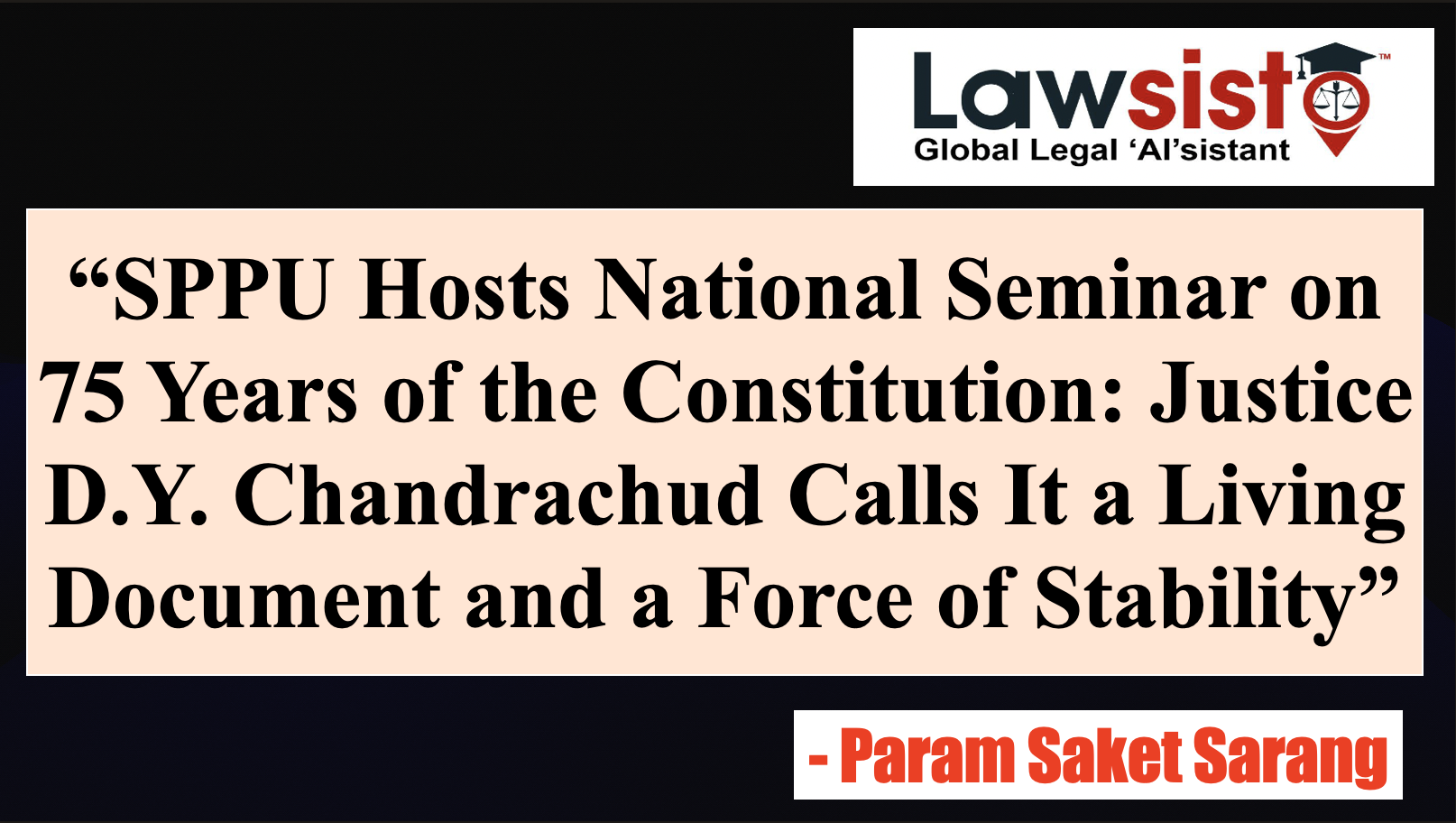Latest Articles
Convention on the Elimination of All Forms of Discrimination against Women (CEDAW)

Convention on the Elimination of All Forms of Discrimination against Women (CEDAW)
The Convention on the Elimination of All Forms of Discrimination against Women or CEDAW in short is an international document where all the rights of girls and women are listed. It is an important document where all discrimination against women must end. In some parts of the world women are treated unfairly even though they have same rights as that of a boy or man. As a result of this discrimination women will be denied of the rights to education, right to vote, right to get a proper healthcare and jobs. Also women are exposed to many violence die to the discrimination they face daily.
CEDAW was adopted by UN on 18th December 1979 to end the discrimination against women. By 2010, 186 countries have ratified CEDAW thus agreeing to include CEDAW as part of their laws. Governments that have ratified CEDAW have the duty to end the discrimination faced by women in their country.
We can see that CEDAW mainly refers to ‘women’ and not ‘girls’ but it helps girls to claim their rights at all stages of their lives. This means that girls from birth to when they are little girls, adolescents, grown-up women and through old age can claim their rights with the help of CEDAW.
The Convention on the Elimination of All Forms of Discrimination against Women demands governments to change laws and customs in their country to avoid discrimination against girls and women in all possible way. The Convention protects girls and women from discrimination in areas such as health, work, marriage, education, and family life.
Articles 1-16 of CEDAW describes the various things governments must adopt to put an end to discrimination against girls and women. Also the various areas are mentioned where women face discrimination.
Articles 17-22 of CEDAW set up a committee of international experts called the CEDAW Committee (or the Committee on the Elimination of Discrimination against Women). The duty of the CEDAW Committee is to monitor whether governments that ratified CEDAW are doing what they can to end discrimination against girls and women.
Articles 23-30 of CEDAW mention how the UN and governments should work together to make sure the rights of all girls and women are protected.
The Convention on the Elimination of All Forms of Discrimination Against Women contains 30 articles. These articles explains the rights girls’ and women have and the directions governments should adopt to end discrimination against them.
There is an Optional Protocol which is connected to a convention. Optional Protocols include things that may not have been covered fully in that convention. The Optional Protocol, if their rights have been violated, allows girls and women make a complaint to the CEDAW Committee. It also allows the CEDAW Committee to investigate a situation if there have been serious and widespread violations of girls’ and women’s rights. This way the Optional Protocol to CEDAW further protects the rights of girls and women.
Even boy and men can support girls and women in realising the rights they have. In their homes, schools and communities, boys and men can change attitudes and behaviour towards girls and women. They can also make girls and women feel safe, encouraged and supported to assert the rights that is protected by CEDAW.
















































































































































































































































































































































































































































